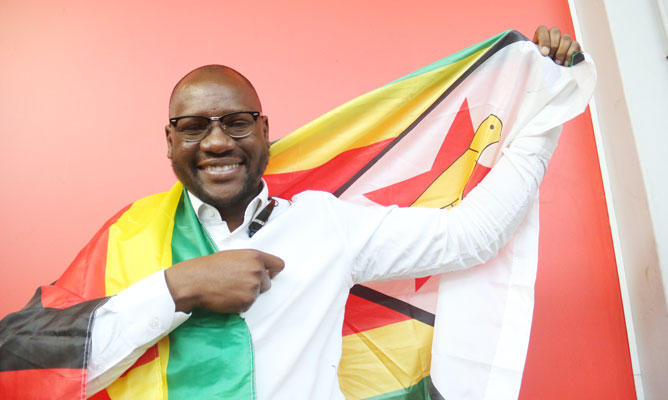
When news filtered on Sunday that activist, Evan Mawarire had been arrested, most people could be forgiven for having a sense of déjà vu, as we might have been here before.
It did not help that the government issued an ominous message to social media users and the media and the tell-tale signs of an impending government crackdown and assault on basic rights such as speech and association are there for all to see.
With elections on the horizon, the government is increasingly becoming paranoid and their response is to curtail the people’s freedoms.
Surely, what harm would Mawarire’s videos have caused that the government had to respond in such a heavy-handed manner?
There was chaos at the weekend due to panic buying, with the Reserve Bank of Zimbabwe acknowledging this by issuing a statement advising people that there was no need to hoard.
This was an acknowledgement that something untoward was taking place and arresting Mawarire for saying this is unhelpful and is a classic case of the government shooting itself in the foot.
Had authorities left Mawarire unmolested, the narrative would have changed by now, but the #ThisFlag frontman is now firmly in the news and Zimbabwe is once again ridiculed as a dictatorship.
We have seen this before on the eve of elections, where the government suddenly becomes heavy-handed, curtails freedom of expression and takes aim at the media and social media users.
- Chamisa under fire over US$120K donation
- Mavhunga puts DeMbare into Chibuku quarterfinals
- Pension funds bet on Cabora Bassa oilfields
- Councils defy govt fire tender directive
Keep Reading
This is often followed by arrests of journalists and an attack on civil liberties and it is worrying how we have got here this fast.
It is as if the government fears its citizens and would rather keep them on a leash than have them express themselves freely.
The natural question that follows then is: Why does the government fear its citizens?
The short answer is that they have realised they have failed and not fulfilled any of the promises they made during their last election and they would prefer that citizens do not hold them to account.
In a culture of fear, it is difficult to hold the authorities to account, as citizens are cowed into silence.
The government responds by treating everyone and everything — including genuine criticism — with suspicion and prefers to snuff it out.
However, authorities should know that in this digital age, they cannot suppress information forever and the more they clamp down on people’s freedoms, the more citizens look for alternative ways to express themselves.
The government may abhor social media, but Zimbabweans will take comfort in knowing that censoring those platforms is much more difficult and they will continue expressing themselves.











